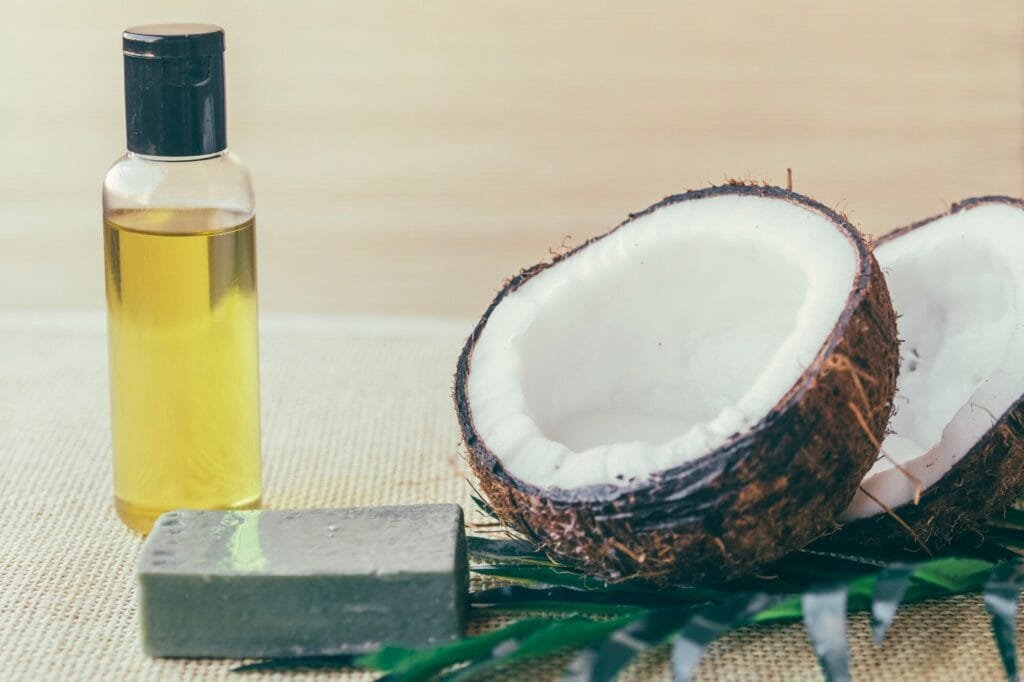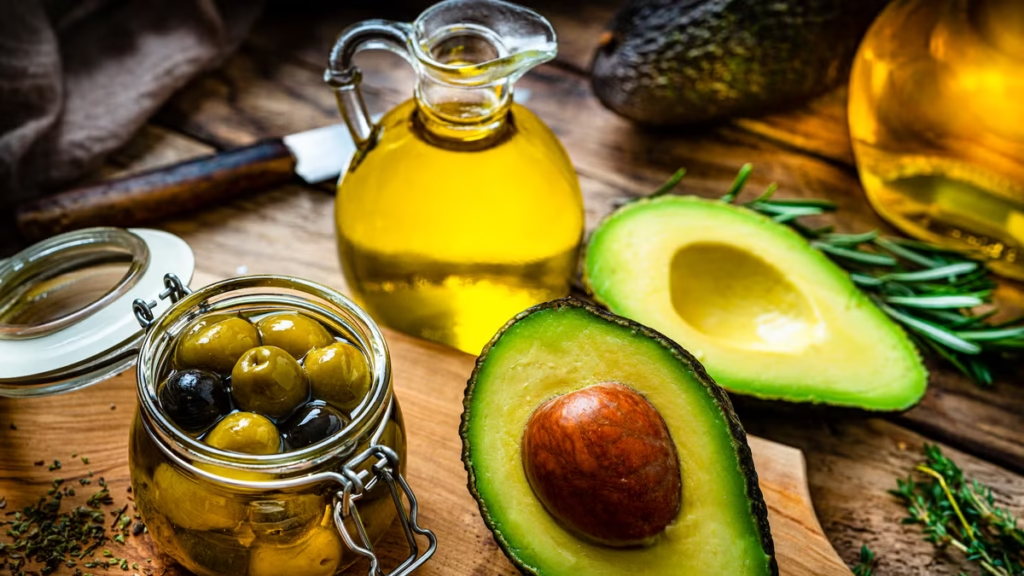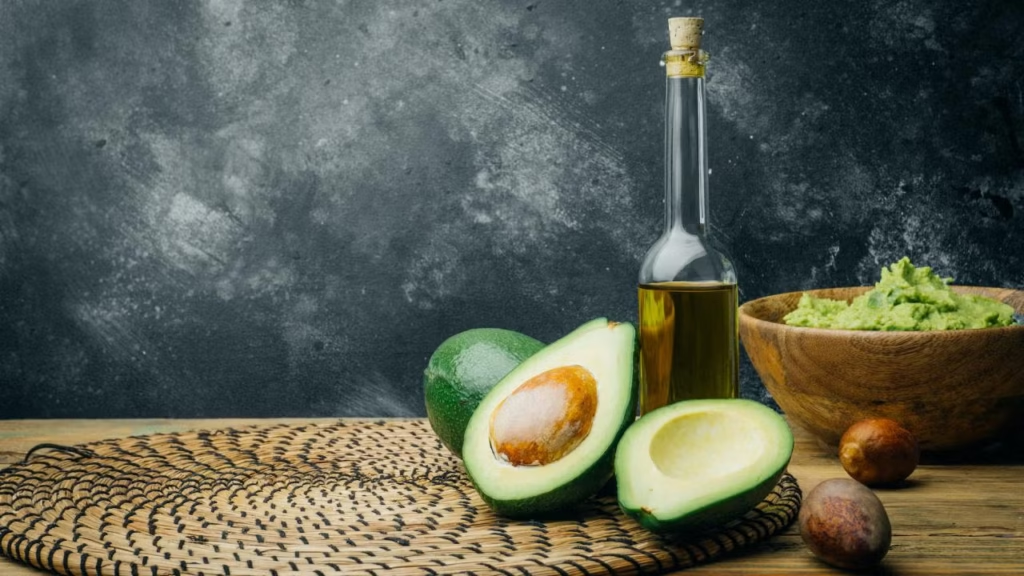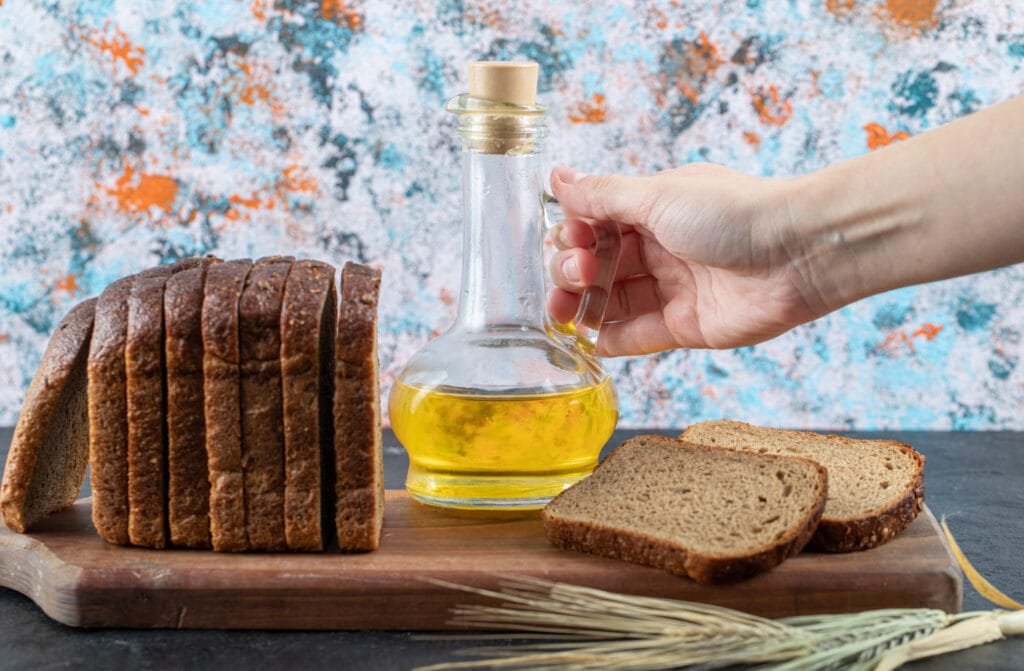Choosing the Best Baking Oil for Better Health is Must
Baking is a science that requires precision, and choosing the right oil can greatly impact the texture, flavor, and overall quality of your baked goods. While butter is a popular choice, oils provide moisture and a tender crumb, making them essential for many recipes. The right oil can enhance both taste and texture, ensuring your baked treats turn out perfectly every time.
1. Canola Oil – The Versatile Choice

Canola oil is one of the most commonly used oils for baking because of its neutral flavor and light texture. It blends seamlessly with other ingredients, allowing the natural flavors of your baked goods to shine. Additionally, it has a high smoke point, which makes it ideal for soft and moist cakes, muffins, and brownies. If you’re looking for a reliable oil that won’t alter the taste of your recipes, canola oil is a great option.
- High smoke point, making it suitable for high-temperature baking.
- Rich in heart-healthy omega-3 fatty acids.
- Light consistency helps create soft and moist cakes, muffins, and brownies.
2. Vegetable Oil – The Budget-Friendly Staple

Vegetable oil is widely available and affordable, making it a staple in many kitchens. It provides excellent moisture and a tender crumb without imparting any distinct flavor to baked goods. This oil is perfect for quick breads, cakes, and other recipes that require a simple, neutral oil. Since it is derived from a blend of plant-based oils, its nutritional value varies, but it remains an excellent choice for everyday baking.
- Neutral flavor, allowing other ingredients to stand out.
- Cost-effective and easy to find in stores.
- Works well in cakes, quick breads, and muffins.
3. Coconut Oil – For a Touch of Sweetness

Coconut oil adds a subtle coconut aroma and richness to baked goods, making it ideal for vegan and tropical-inspired desserts. It can be used in both its solid and liquid form, providing versatility in different recipes. When used in solid form, it mimics the texture of butter, creating a flaky and tender crumb in pastries and cookies. If you prefer a more neutral taste, opt for refined coconut oil, which has a milder flavor.
- Offers a naturally sweet and rich flavor.
- Provides a great dairy-free alternative to butter.
- Contains healthy saturated fats that support metabolism and energy levels.
4. Olive Oil – A Healthier, Richer Option

Olive oil is an excellent alternative to traditional baking oils, particularly for those who prefer a healthier option. Extra virgin olive oil has a slightly fruity, rich flavor that works well in hearty breads, biscotti, and some cakes. It is packed with monounsaturated fats and antioxidants, making it a nutritious choice. While it may not be suitable for every dessert, it can elevate the taste of certain baked goods with its unique flavor profile.
- High in antioxidants and heart-healthy monounsaturated fats.
- Enhances flavor in baked goods, especially in Mediterranean-style recipes.
- Works well in savory baked goods like focaccia and flatbreads.
5. Avocado Oil – A Nutrient-Packed Choice

Avocado oil is known for its high nutritional value, containing heart-healthy fats and essential nutrients. It has a high smoke point, making it a great choice for baking at high temperatures. With a mild flavor, avocado oil doesn’t overpower the taste of baked goods, allowing the other ingredients to stand out. It is particularly useful in muffins, brownies, and healthier dessert alternatives where quality fats are preferred.
- Rich in vitamin E, supporting healthy skin and immunity.
- Mild, neutral taste that doesn’t interfere with other ingredients.
- Ideal for health-conscious bakers looking for a nutrient-dense option.
6. Sunflower Oil – Light and Neutral

Sunflower oil has a clean, neutral taste and provides excellent moisture retention in baked goods, making them soft and fluffy. This oil works exceptionally well in cakes, pastries, and other delicate desserts that require a light texture. It is also rich in vitamin E, which adds to its nutritional benefits. If you want an oil that won’t interfere with the taste of your recipes while keeping them moist, sunflower oil is a fantastic choice.
- High in vitamin E, offering antioxidant benefits.
- Keeps baked goods soft and fresh for longer.
- Works well for cakes, cookies, and light-textured pastries.
7. Grapeseed Oil – For a Delicate Touch

Grapeseed oil is another light and neutral oil that is perfect for delicate baked goods. It allows the flavors of your other ingredients to shine while ensuring a smooth and moist texture. With its mild profile, it works well in light cakes and pastries where you don’t want the oil to add any extra flavor. Additionally, grapeseed oil is packed with antioxidants, making it a healthier choice for baking.
- Contains beneficial antioxidants that support overall health.
- Neutral taste, making it ideal for light cakes and pastries.
- Helps create a tender and moist crumb in baked goods.
When selecting an oil for baking, consider the flavor and texture you want to achieve. If you need a neutral oil that won’t interfere with the taste of your baked goods, opt for canola, vegetable, or sunflower oil. For a richer or slightly nutty flavor, olive, avocado, or coconut oil can be excellent alternatives. Experimenting with different oils can help you discover new textures and enhance the quality of your favorite baked treats.
Using the right oil in baking can make all the difference in achieving perfect results. Whether you’re making a decadent cake, a batch of cookies, or a healthy loaf of bread, choosing the best oil for the job will enhance both taste and texture. Try out different options to find the perfect match for your recipes, and enjoy the delicious results of your baking adventures!


Pingback: Intermittent Fasting and Workout: Can You Do Both Together? - HEALTH TECHYDAKSH